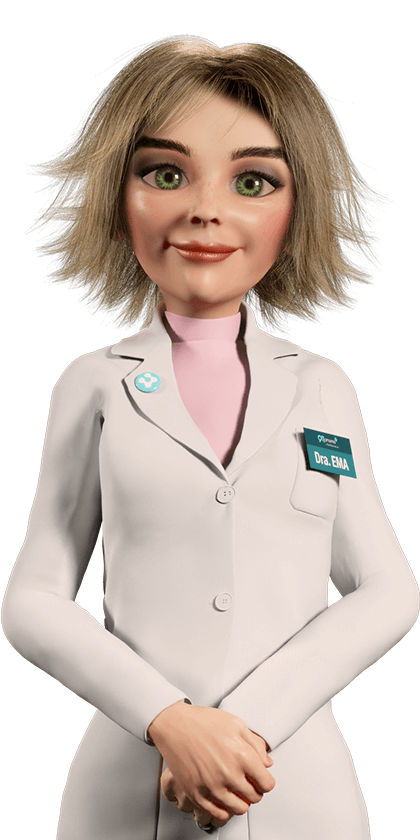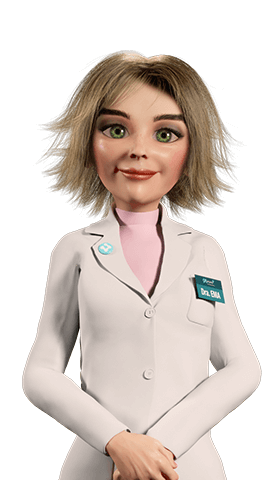Food
Balanced diet, healthy body
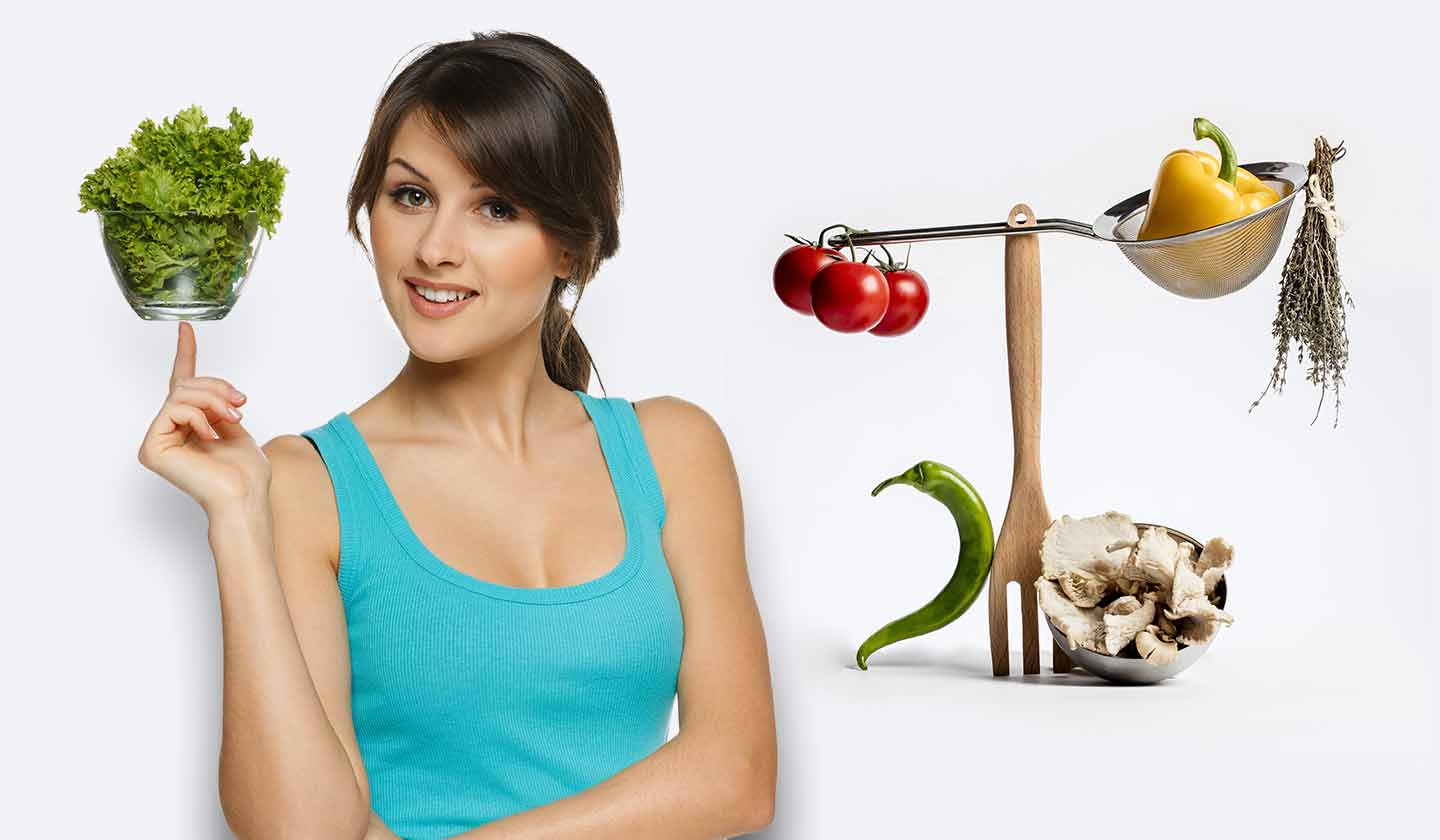
Healthy eating is half the battle to prevent diseases such as obesity, diabetes, cardiovascular diseases and even some types of cancer.
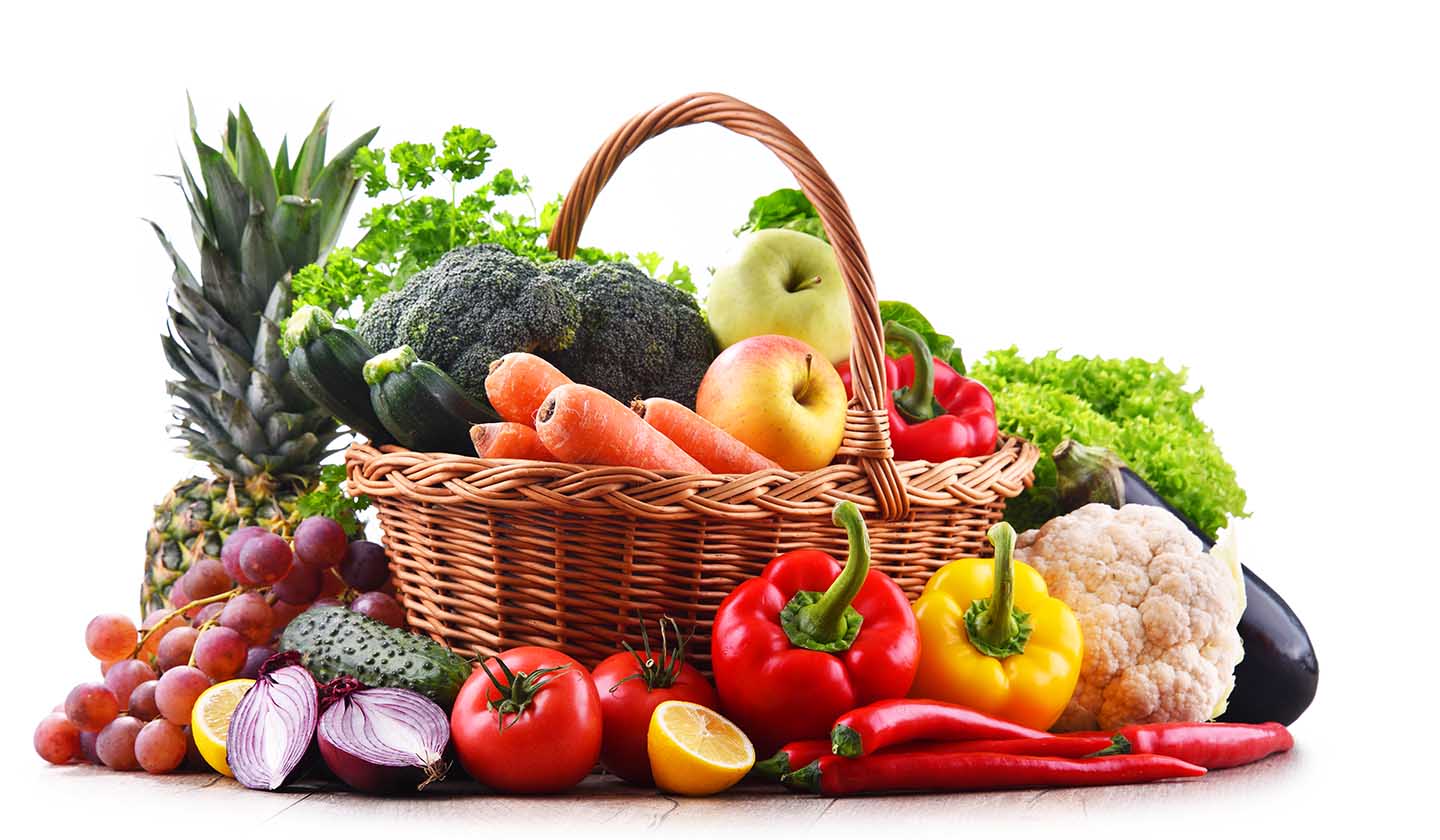
A healthy diet is…
...complete, balanced and varied. Every food has a nutritional value, which means that every food is necessary for the correct functioning of our body. Based on this, foods are organized into groups, each with a different weight and specific functions, meaning that all of these foods should be present in our daily diet. The foods represented in each group are varied but have an identical nutritional value and can be replaced by one another.
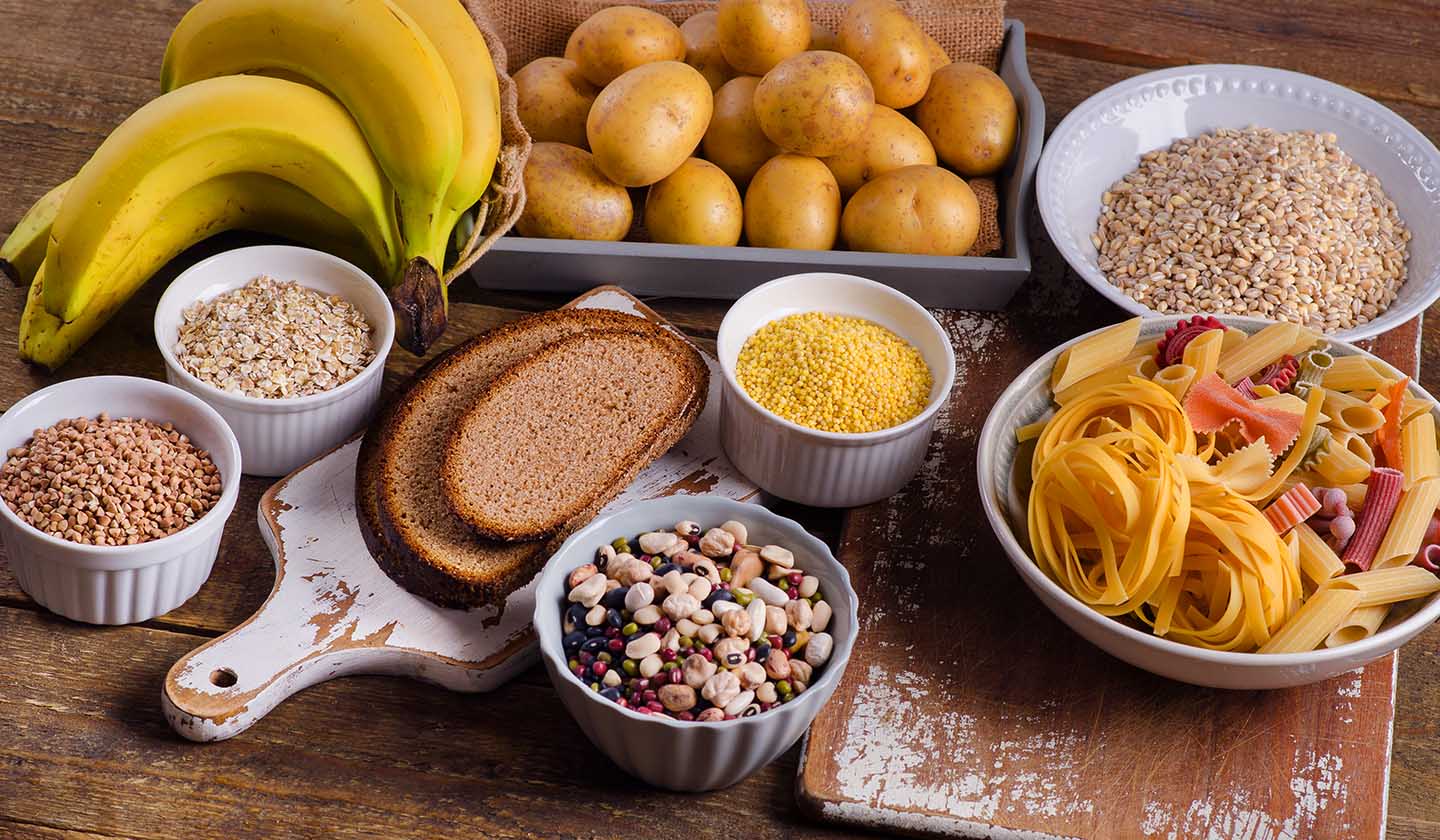
Eating better
Every day, we must eat foods from each nutritional group. But the adequate amount for each person depends on the energy that is spent throughout the day by that person. For instance, a child has fewer needs than an adolescent or adult. Regardless of age, eating better is necessary. And that means:
- Eating carbohydrates - foods like bread, cereals, potatoes, and pasta are a good source of energy;
- Eating more vegetables - rich in fibre, vitamins and minerals, they should be part of the main meals, in the form of soup, salad or as side dish; they help to regulate the functioning of the digestive system, preventing, for example, constipation;
- Eating more fruit - abundant in vitamins and minerals, fruit is the healthiest dessert, and, between meals, it helps to “cheat” hunger;
- Preferring fish and lean meats (poultry) - they provide the same amount of protein as red meat (pork or beef), but have less fat, in addition, some fish (such as sardines, or salmon) are rich in Omega−3 fatty acids which have a protective effect on the heart;
- Reducing fat intake - a risk factor for cardiovascular disease, found in animal foods, charcuterie products and industrially processed foods;
- Drinking more water - one and a half to three litres a day is essential to promote hydration of the body and proper functioning of the organs.
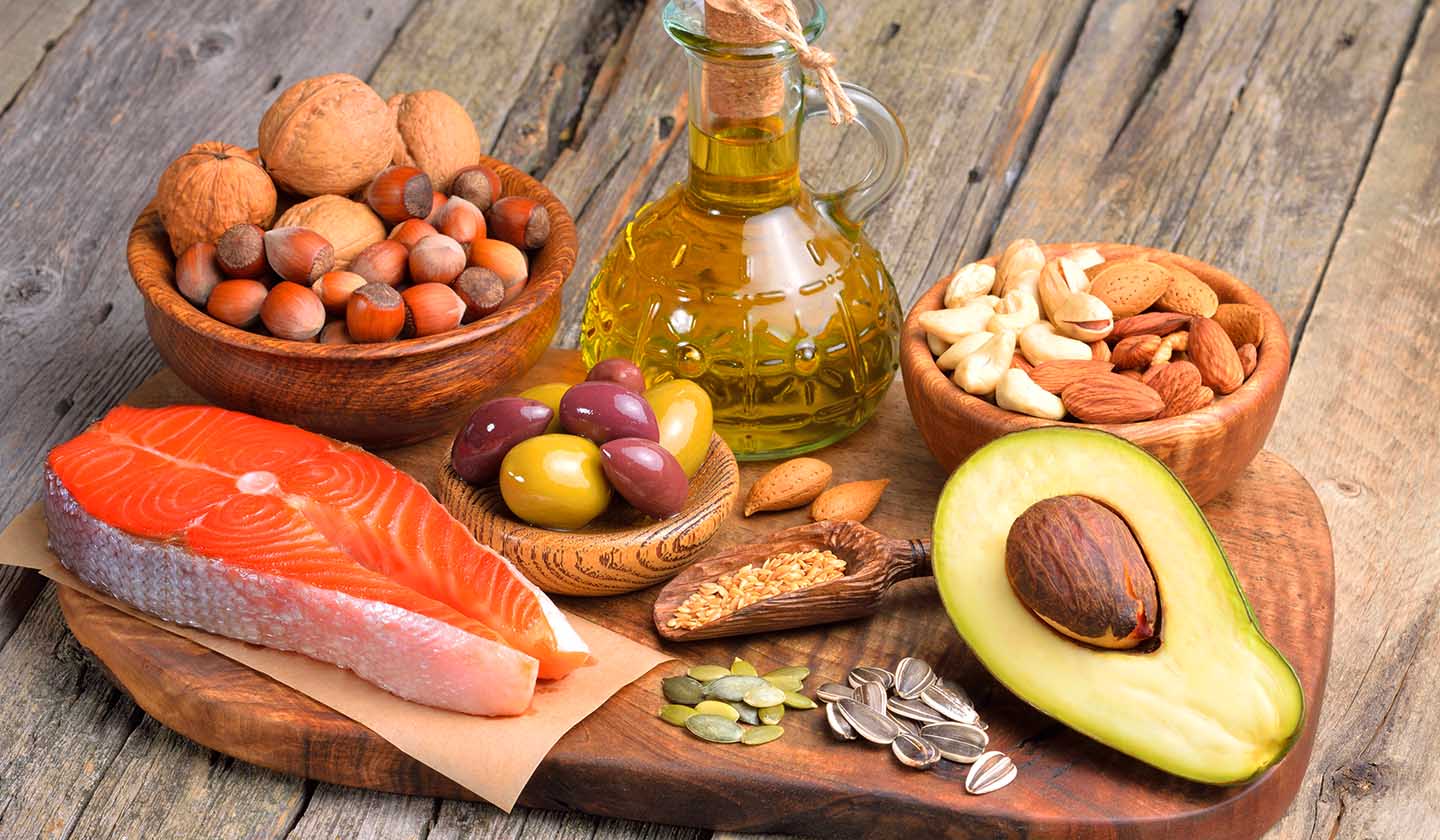
There are other small actions which essential for a healthy diet and lifestyle:
- Eat the right amount of food;
- Always have breakfast - include milk and dairy products, dark bread or whole grain cereals and a piece of fruit;
- Do not spend too much time without eating, have light and more frequent meals, the interval between meals should not be longer than 3/4 hours;
- Prefer healthy cooking methods, such as boiling and grilling;
- Apply the same rules when having meals outside or at parties;
- Pay attention to the amounts of coffee and alcoholic beverages you consume;
- Do not smoke;
- Practice physical activity regularly.
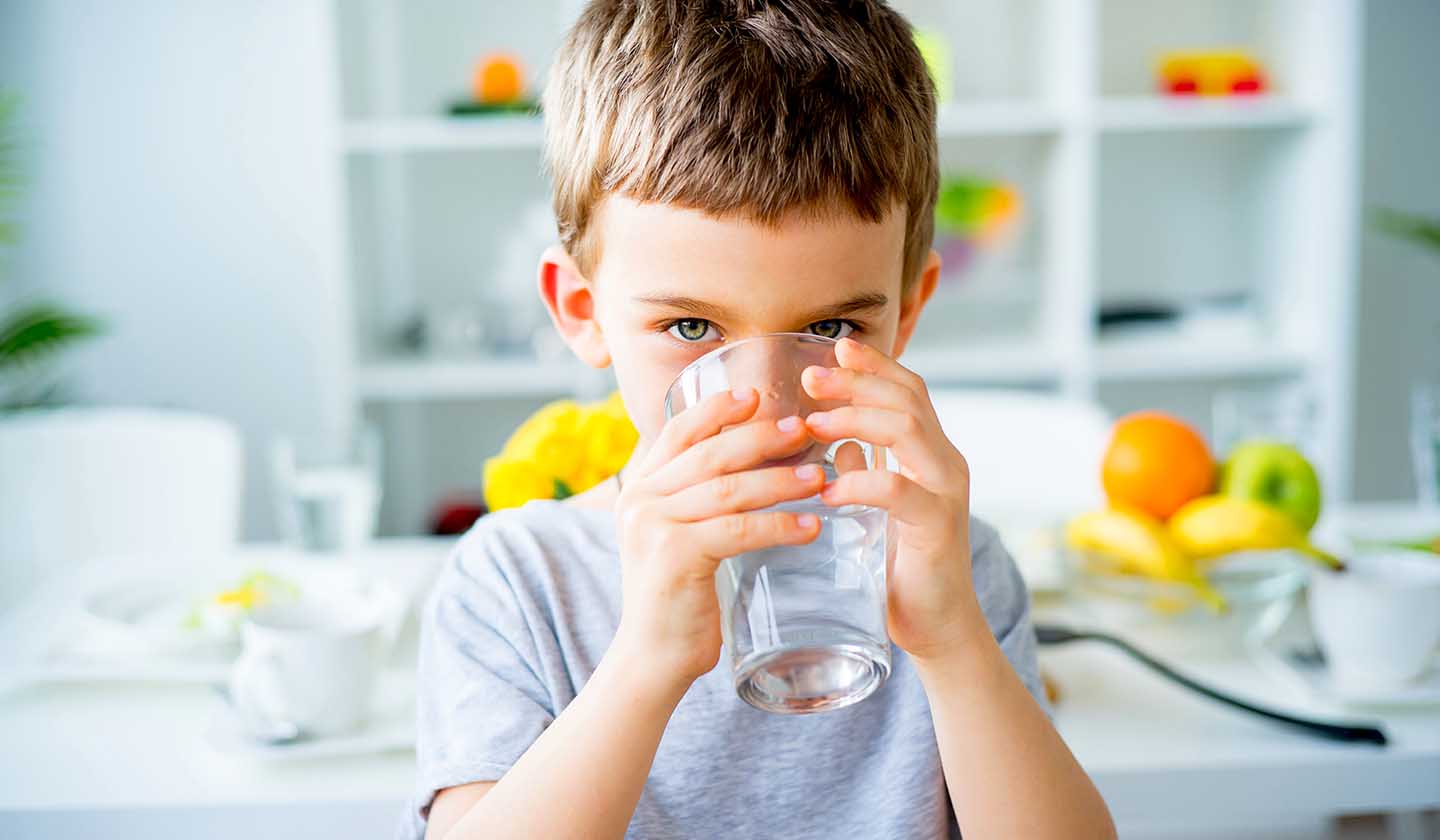
Living better
Healthy eating does not mean giving up the foods you like best. It means adopting new habits, experiencing new flavours and new ways of cooking.
It is important to note that healthy eating is not based on “less tasty” foods. The key to a healthy diet is to eat everything but in the right amount. Therefore, avoid restrictive diets, which will certainly put your health at risk.
Keep in mind that: An adult needs 1800 to 2500 calories per day. The energy needs for each person varies according to their lifestyle and gender.
Sources
iSaúde
Farmácia Distribuição Magazine
Também lhe poderá interessar
Supplements
Vegetarian? Of course you can, but pay attention to the nutritional balance
Food
